New Scientist covers the latest developments in science and technology that will impact your world. New Scientist employs and commissions the best writers in their fields from all over the world. Our editorial team provide cutting-edge news, award-winning features and reports, written in concise and clear language that puts discoveries and advances in the context of everyday life today and in the future.
Elsewhere on New Scientist
An altered diet • If we can’t give up meat, we must make it less damaging
New Scientist International Edition
Deep-sea fish is radiant in red
Gene-edited pork on the menu • CRISPR pigs with genetically engineered immunity to a costly disease could be approved within a year and their meat put on sale not long after, discovers Michael Le Page
White dwarf star has a metallic scar after eating a planet
ADHD may have helped early humans to forage effectively
Tree-planting effects overestimated • Planting forests to absorb more carbon dioxide is seen as key in slowing climate change, but the impact of new trees seems to be lower than expected, finds Michael Le Page
Moon landers make giant leap for lunar exploration, despite two small falls
We finally know why live music makes us so emotional
Mathematicians discover ‘soft cell’ shapes behind the natural world
AI can tell where a mouse is by reading its brain signals
Quantum engine driven by single atom • A tiny piston could power nanosized devices or help control how they heat up
Jackals may urinate on their favourite fruit to deter thieves
Huge set of galaxies set to form largest known cluster
Pet dogs of various breeds can sniff out Parkinson’s disease
Death Valley has a lake – for now • The normally ultra-dry basin has experienced heavy rain
Tiny magnet could probe quantum gravity
Forgotten body part may affect fertility • An appendage of the ovaries dismissed as having no purpose might actually help control ovulation and the menopause, finds Michael Le Page
LGBTQ people seen as needing more protection online than Christians
Deadly plant kills its pollinators but nurses their young
Martian soil could be turned into fibres as strong as steel
Volcanic eruption 7300 years ago was record-breakingly huge
Fast response eases Crohn’s symptoms
Supernova has a neutron star inside
Whales have a special larynx for singing underwater
Really brief
The scent of music • Smell has unrivalled emotional power. As such, the art of olfaction is rightfully taking its place in a new multisensory performance, says perfumer Mathilde Laurent
Artificially intelligent • Democracy in the chatbot age We are beginning to see the tip of the iceberg when it comes to threats from chatbots. In a huge election year, how will AI affect upcoming votes, asks Alex Wilkins
Cosmic paint job
Your letters
The murderous Middle Ages • Alice Roberts’s latest book on what bones teach us about Britain’s history not only provides the grisly facts, but helps us feel them, says Michael Marshall
The kids aren’t alright • What’s causing the youth mental health crisis? Clare Wilson discovers a bold hypothesis too disturbing to dismiss
New Scientist recommends
The film column • Archive it Why did Ian Cheney build an ark in Maine? He wanted a visual metaphor to help his film The Arc of Oblivion explore which of our artefacts are worth keeping and why we even think things can last. Simon Ings leaps down the rabbit hole
More than skin deep • It’s not just a vanity project – looking after your skin could improve your health and longevity in unexpected ways, discovers Michael Marshall
The importance of touch
The...
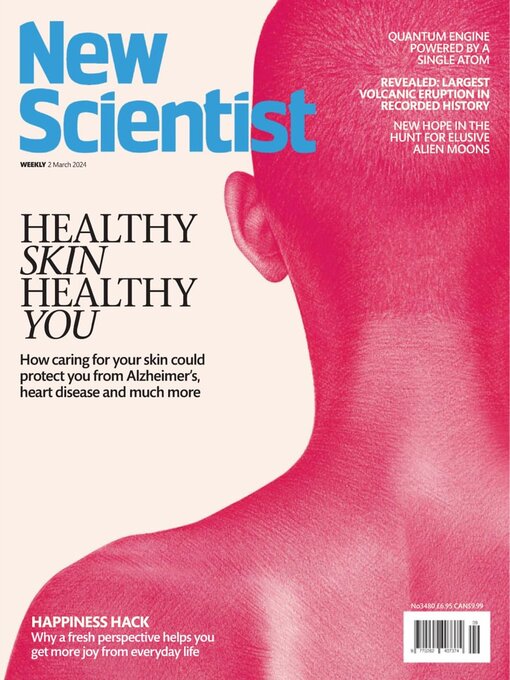
 Jul 27 2024
Jul 27 2024
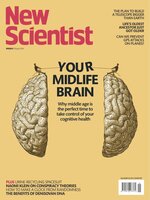 Jul 20 2024
Jul 20 2024
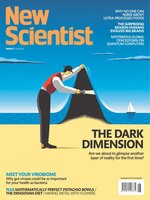 Jul 13 2024
Jul 13 2024
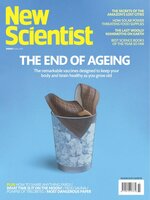 Jul 06 2024
Jul 06 2024
 Jun 29 2024
Jun 29 2024
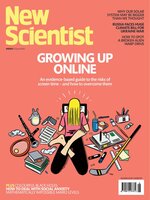 Jun 22 2024
Jun 22 2024
 Jun 15 2024
Jun 15 2024
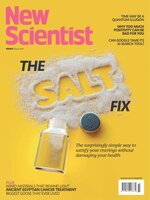 Jun 08 2024
Jun 08 2024
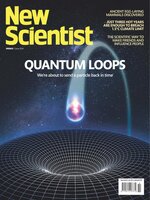 Jun 01 2024
Jun 01 2024
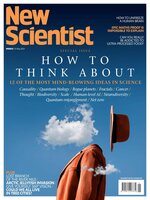 May 25 2024
May 25 2024
 May 18 2024
May 18 2024
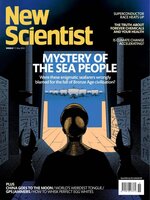 May 11 2024
May 11 2024
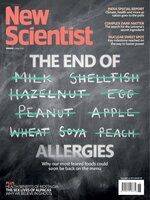 May 04 2024
May 04 2024
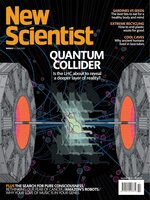 Apr 27 2024
Apr 27 2024
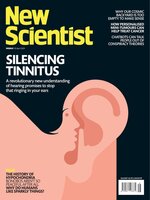 Apr 20 2024
Apr 20 2024
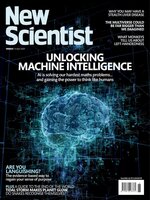 Apr 13 2024
Apr 13 2024
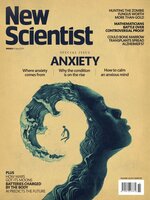 Apr 06 2024
Apr 06 2024
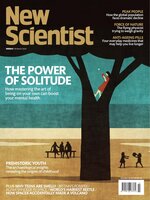 Mar 30 2024
Mar 30 2024
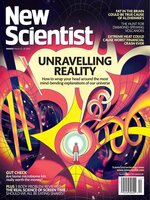 Mar 23 2024
Mar 23 2024
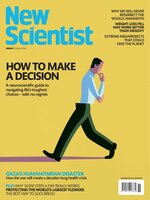 Mar 16 2024
Mar 16 2024
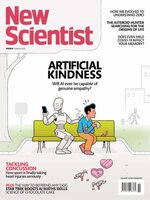 Mar 09 2024
Mar 09 2024
 Mar 02 2024
Mar 02 2024
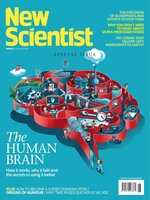 Feb 24 2024
Feb 24 2024
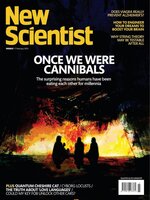 Feb 17 2024
Feb 17 2024
